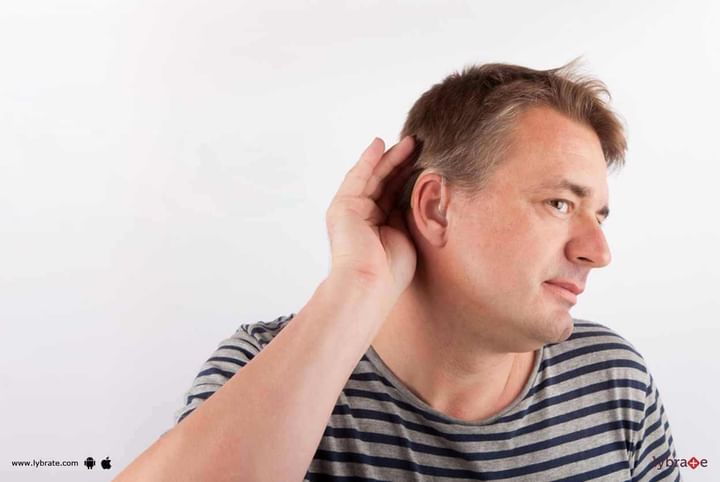Rehabilitation Therapy For People with Hearing Impairment!
Hearing impairment is a total or partial loss of hearing. The condition occurs when one or more parts of your ear are damaged. Hearing impairment can affect a person in three forms. It is essential to distinguish between the different levels of hearing impairment.
-
Hearing Loss – Reduced ability to hear sounds in the same way as others
-
Deafness – This happens when an individual cannot understand speech through hearing even when the sound is loud
-
Profound Deafness – This particular condition refers to lack of hearing. A person with profound deafness cannot detect sound at all.
The seriousness of hearing impairment is classified based on how much louder the volume needs to be set at, in order for the sound to be detected.
How Hearing Impairment Affects Quality of Life?
For some people, hearing impairment can have psychological, social and physical consequences. For them, trying to keep up in conversations and dealing with the anxiety of being in a social setting can be so stressful that it may lead to psychological disorders, such as –
-
Panic disorder – unexpected, recurrent panic attacks that are usually situation induced
-
Social phobia – A persistent fear of social situations that trigger embarrassment
-
Post-traumatic stress disorder
-
Obsessive-Compulsive Disorder
-
Different forms of anxiety
How to Cope with Hearing Impairment?
Rehabilitation psychology can help people with hearing impairment cope with the accompanying physical and emotional stress.
Your therapist will work with you to set up a program to meet your hearing goals. The goal of the rehabilitation program is to maximize the benefits of treatment by using your hearing technology and to help you meet your full potential.
Psychological rehabilitation can reduce your perception of hearing difficulties and improve the quality of life using CBT and Vocational Counselling – thus helping you use communication strategies and hearing technology more effectively.



+1.svg)
